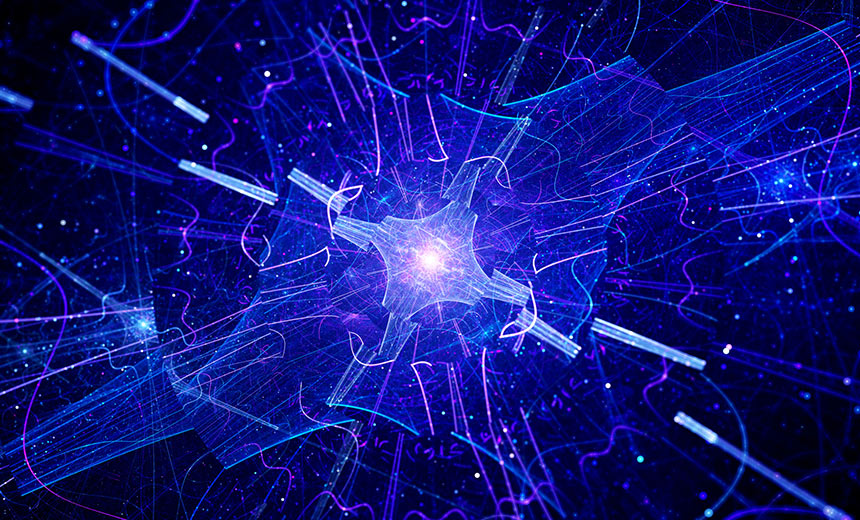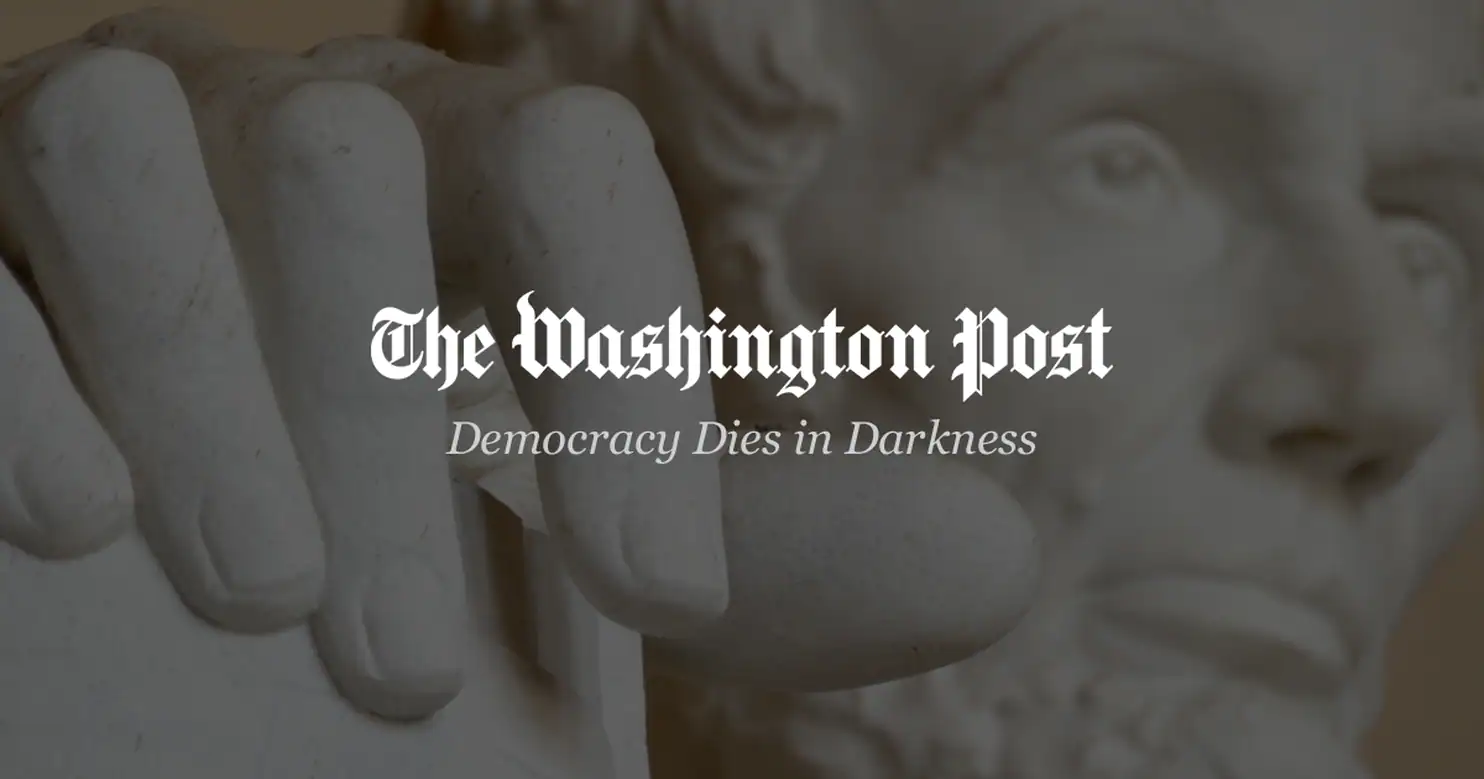US Government Picks Quantum-Resistant Encryption Algorithms
Cyberwarfare / Nation-State Attacks
,
Encryption & Key Management
,
Fraud Management & Cybercrime
Quantum Computers That Use Atom-Level States of Uncertainty Are a Matter of Time

The American government agency that’s also a global trendsetter for cryptographic standards today selected four algorithms designed to withstand a decryption attack mounted by a quantum computer.
See Also: Fireside Chat | Zero Tolerance: Controlling The Landscape Where You’ll Meet Your Adversaries
The selection caps a six-year effort initiated when the National Institute of Standards and Technology in 2016 solicited proposals for post-quantum computing encryption models.
The four algorithms will be a part of NIST’s post-quantum cryptographic standard, which the agency expects to finalize in about two years. Four additional algorithms remain under active consideration.
Superfast computers that use atom-level states of uncertainty are likely a matter of time, leading to worries that today’s encryption standards are destined for obsolescence. Some scientists predict a quantum computer by 2030 capable of breaking within hours the encryption of a 2,000-bit RSA key.
That poses problems for the future of online transactions, which depend on strong encryption to secure data such as financial information as it flows across the internet. It’s also a problem for national security, said Matt Scholl, chief of NIST’s Computer Security Division, in an earlier online Q&A.
Bank accounts will be safe at first, he said. But quantum computing fundamentally changes today’s cryptographic landscape in…

